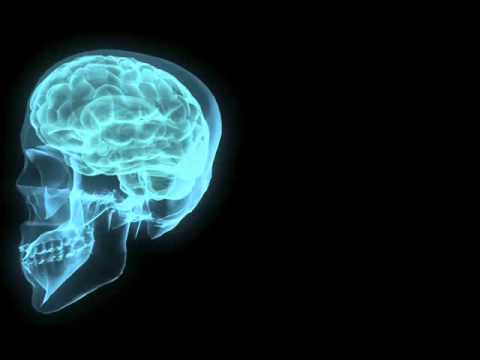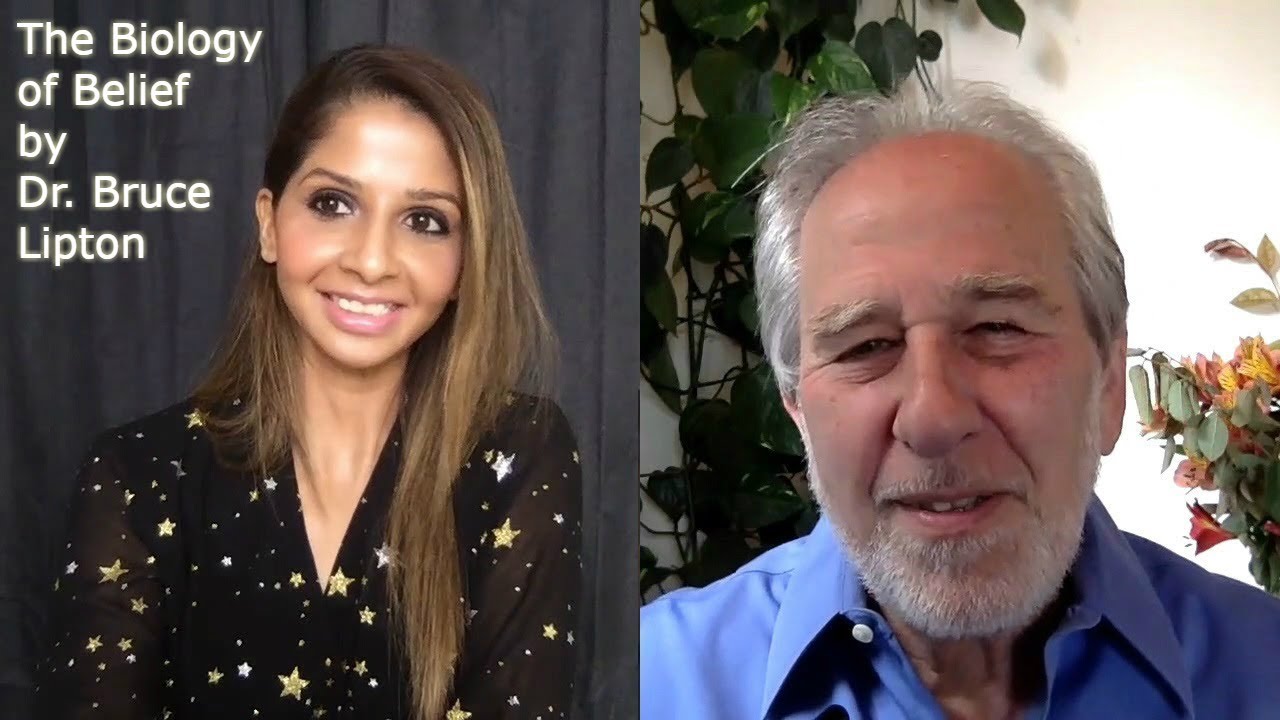pangeaprogressredux
“Many tragedies come from our physical and cognitive makeup. Our bodies are extraordinarily improbable arrangements of matter, with many ways for things to go wrong and only a few ways for things to go right. We are certain to die, and smart enough to know it. Our minds are adapted to a world that no longer exists, prone to misunderstandings correctable only by arduous education, and condemned to perplexity about the deepest questions we can ascertain.”
— Steven Pinker
“The supposedly immaterial soul, we now know, can be bisected with a knife, altered by chemicals, started or stopped by electricity, and extinguished by a sharp blow or by insufficient oxygen.”
— Steven Pinker (How the Mind Works)
“Though many of my arguments will be coolly analytical — that an acknowledgment of human nature does not, logically speaking, imply the negative outcomes so many people fear — I will not try to hide my belief that they have a positive thrust as well. “Man will become better when you show him what he is like,” wrote Chekhov, and so the new sciences of human nature can help lead the way to a realistic, biologically informed humanism. They expose the psychological unity of our species beneath the superficial differences of physical appearance and parochial culture. They make us appreciate the wondrous complexity of the human mind, which we are apt to take for granted precisely because it works so well. They identify the moral intuitions that we can put to work in improving our lot. They promise a naturalness in human relationships, encouraging us to treat people in terms of how they do feel rather than how some theory says they ought to feel. They offer a touchstone by which we can identify suffering and oppression wherever they occur, unmasking the rationalizations of the powerful. They give us a way to see through the designs of self-appointed social reformers who would liberate us from our pleasures. They renew our appreciation for the achievements of democracy and of the rule of law. And they enhance the insights of artists and philosophers who have reflected on the human condition for millennia.”
— Steven Pinker (The Blank Slate: The Modern Denial of Human Nature)
The human mind evolved to believe in the gods. It did not evolve to believe in biology.
E. O. Wilson
Steven Pinker is Harvard College Professor and Johnstone Family Professor in the Department of Psychology at Harvard University. Until 2003, he taught in the Department of Brain and Cognitive Sciences at MIT. He conducts research on language and cognition, writes for publications such as the New York Times, Time, and The New Republic, and is the author of seven books, including The Language Instinct, How the Mind Works, Words and Rules, The Blank Slate, and most recently, The Stuff of Thought: Language as a Window into Human Nature.
Source




I found it disturbing that the only comment to this delightfully insightful discussion was so lowbrow. Thank you for posting this and for keeping the video up pangeaprogressredux.
It took a long time but the idea of group think was interesting, of people allowing themselves to be swayed so they don't let down the group. There is an especially strong need for this in religion; the more members the more it seems to be right; the physical motions in unison for praying; the repetition of prayers; speaking the same words out aloud; all things to create more of a single strong entity from a group. Not so much brain washing as group binding.
I'm certain god is exceptionally proud with you.
Pinker is outstanding as usual.
I like the picture hehe
So much of the psychological dynamic of religion is left out here, the emphasis being solely on manipulation. At the core of christianity is the notion of salvation.Salvation is not just the saving of the sole for acceptance into heaven, but the salvation from ones own sin, sins that occupy the believer on a daily basis, the jealousies and guilts, angers and regrets that can cause angst and depression, less happiness. So belief has a immediate benefit for the believer, albeit based on self deception as they say. It has a functional purpose, a reinforcement paradigm and a persuasive social attachment inculcated early in life and defines the family experience.
So, let me get this straight. Any belief, in Pinkers and Dawkins' wholly reason based world, even though humans are not completely reasonable and have other needs. In their world, all belief, all strongly held principles, or belief in a cause is wrong? If you have an idea and believe in it you are self-decieving? Come on, if this was a completely useless thing found in humans, where would we be? Well, where we are now. Nihilistic consumer based lives, soulless creatures.
Pinker is describing orthodox Judaism (what he was raised in, and defected from at the age of bar mitzvah). His deep hatred for religion stems from Jewish orthodoxy.